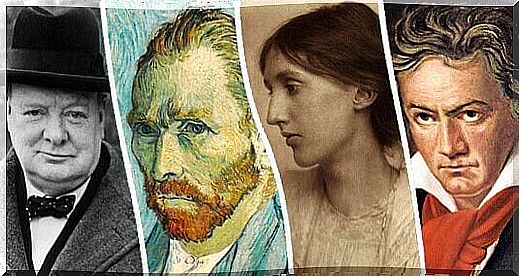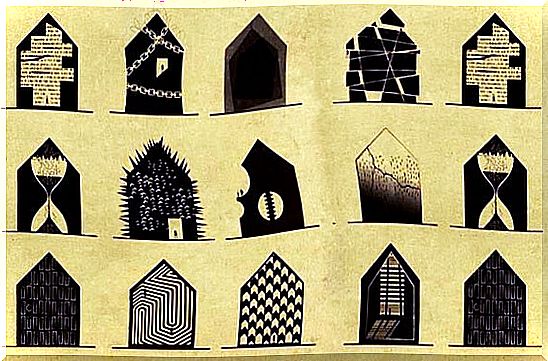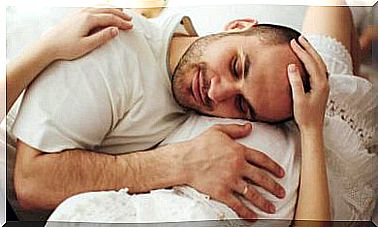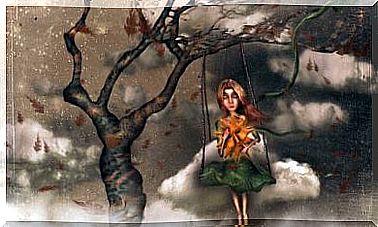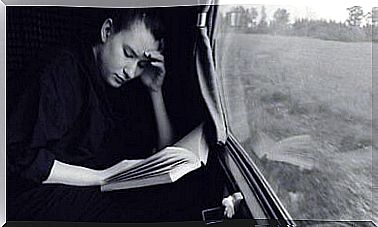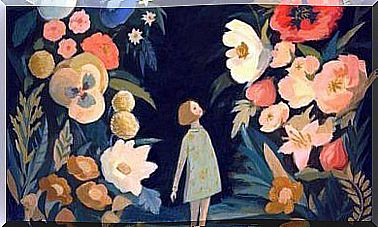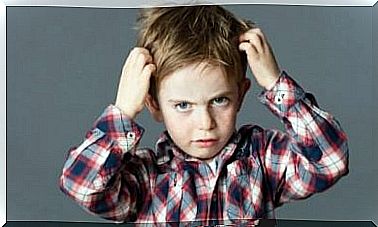We Often Confuse Ways Of Being With Mental Disorders

Psychology has failed to find its place in the streets, not at an accessible or understandable level. Most of the people in society continue to confuse different ways of being with mental disorder. We keep hearing things like “today I’m bipolar”, “I’m feeling compulsive this morning” or “today I’m depressed”.
Most of us from time to time exhibit ways of being that may be related to psychological issues. But, from there to considering it as a mental disorder, there is a big difference.
The way we deal with everyday mental health issues can lead to troubles, when signs and symptoms are permanent, frequent, and affect all functional areas of the person. Mental health continues to be the big forgotten one in public health. It is a big taboo that must be faced and resolved.
Mental illnesses are alterations in cognitive development or behavioral problems that can seriously affect personal autonomy and the good results of daily activities. The daily loss of autonomy involves invisible and inexplicable pain that makes mental illnesses difficult to overcome. A sad soul can kill faster than a bacteria.
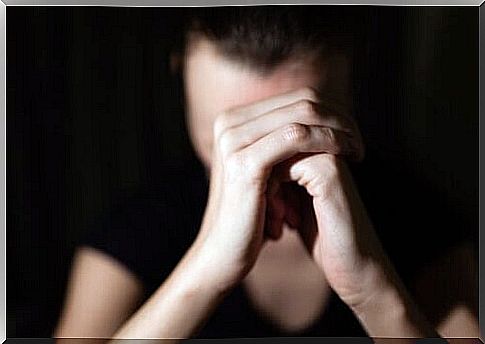
Joy and pain are not like oil and water: they coexist. When the pain is mental, we usually suffer alone, withdrawn, and most of the time, without anyone being able to even imagine the state of our thoughts. The real pain is that which we suffer without witnesses.
A recent study published in the journal Psychological Science concludes that mental pain affects more than physical pain ; negative emotional experiences can cause more pain than you think. While the memory of physical pain fades over time, mental pain can be rekindled through memory.
Contrary to what most people may think, mental disorders are pervasive in society. In fact, according to the World Health Organization (WHO), one in four citizens will experience some type of mental illness or another in their lifetime.
This information opens up a debate during which it is important to understand that we live in the midst of disorders, accepted if they are physical, and banished and ignored if they are mental. Mental disorders are not chosen, even though certain mental habits can trigger other habits that are harmful to our health.
Mental disorders are more common in people with consanguineous parents as well. Certain genes can increase the risk of contracting a mental illness, and a particular life situation can trigger it. Concretely, exposure to environmental stressors, toxins, drugs or alcohol can be associated, in some cases, with mental illness.
Would you stop reading the Harry Potter saga because its author went through a deep depression? Would you not listen to Elton John anymore because he suffered from bulimia? Did Leonardo DiCaprio’s obsessive-compulsive disorder hold him back in his acting career? Let’s learn to live together, enriching ourselves with our differences.
